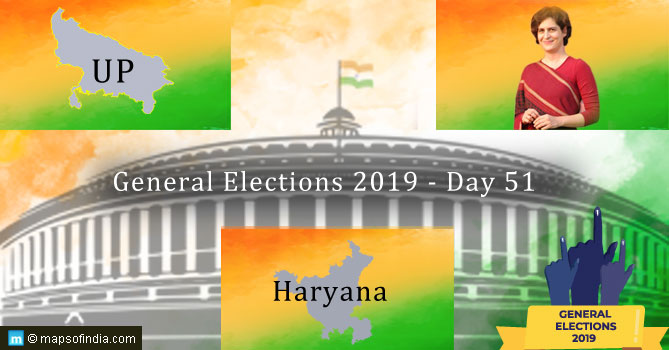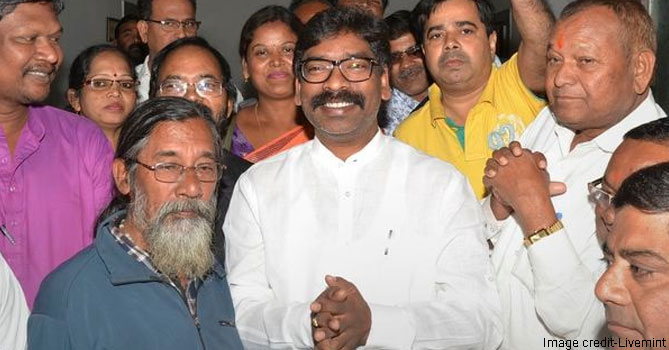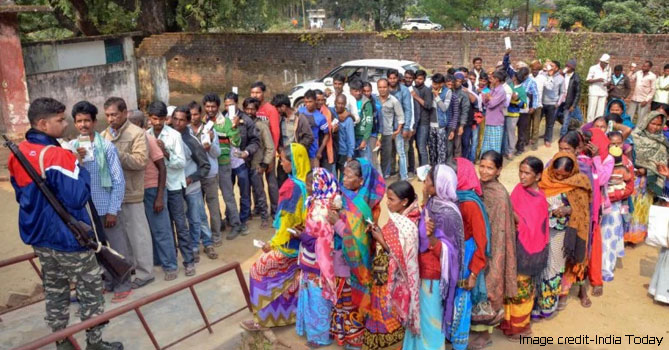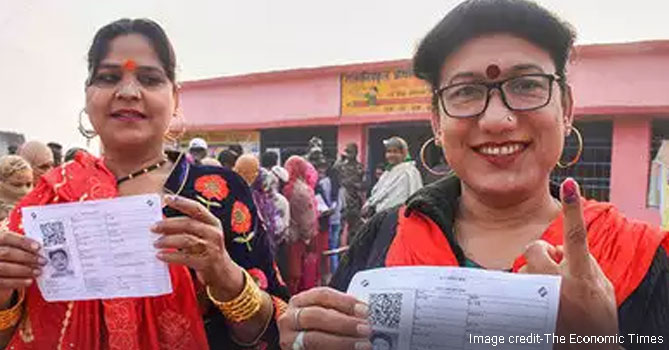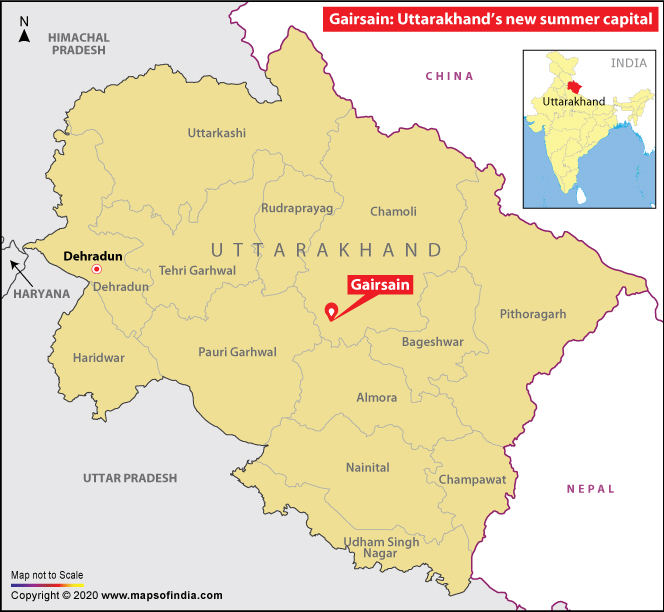These 79 sub-castes of U.P will decide the next government
Traditionally, Indian politics have been dominated by caste politics rather than issues when it comes to choosing leadership at the centre. During assembly elections, the trend reverses.
79 sub-castes of the Most Backward Class (MBC) category in Uttar Pradesh may well decide on who forms the next government at the centre, as per a report in the Times of India.
Uttar Pradesh has 80 constituencies, and these 79 sub-castes of the MBC form a large part of the vote bank. Together they represent 51 percent of U.P’s rural population, and it is why almost all parties have focused their attention on nurturing support from these often ignored sub-castes.
In 2001, the Rajnath Singh government presented a report on the economic development of the backward classes in U.P. It found since 1947 75 percent of Class 1 jobs went taken up by members of two of these castes – Yadavs and Kurmis.
Most other castes and sub-castes left behind in social and economic development were – Teli/Sahu; Monin/Ansars; Kewat/Mullah/Nishad; Gaderia/Pal Baghel; Lodhs; Gujjar, Fakirt; Rajbhar; Koiri; Darji; Lohar; Kushwaha; Salmani; Nainiya; Dhunia; Vishwakarma; Jat; Kashyap; Kachi; Prajapati; Mali; Bhadbuja; Murav; among others.
All political parties realize the collective power of votes of these sub-castes and have been careful to select candidates that carry maximum influence among these groups and sub-groups.
In the end, the party getting its caste arithmetic right will win the race.
“Our candidates will not cut into SP-BSP votes in U.P” – Priyanka Gandhi
After deciding not to contest against the PM in Varanasi, Congress in-charge of eastern U.P Priyanka Gandhi was all business meeting voters in the Amethi constituency in preparation of the next crucial round of voting.
When asked by the accompanying media about her earlier remark to voters saying they should prepare for 2022 assembly elections, Ms. Gandhi was emphatic in stating the party’s focus was 2019 and defeating the BJP.
She further added the Congress candidate selection was carefully thought out, and only those were selected who could cut into BJP’s votes and not into SP-BSP vote share. In 2014 Lok Sabha polls, BJP won 71 of the 80 seats, decimating all completion in the state.
The Congress was in deep talks with SP, BSP, and RLD on forming a Mahagathbandhan against the BJP but could not agree on seat sharing. This led to speculation that the Congress strategy might cut into SP-BSP vote share benefitting the BJP. Ms. Gandhi laid that to rest.
Power and elections depend on family ties in Haryana
Politics and power in Haryana go hand in hand with alliances built around family ties. 2019 Lok Sabha elections are as much about these ties as it is about party ideology and the two often get confused in the humdrum of Haryanvi politics.
The Times of India presented an interesting article on how families are politically connected and despite ideological contradictions.
Let’s look at four political families of Haryana wielding considerable political influence but not for the same parties – Hooda, Devi Lal – Chautala, Rao, and Yadav.
Former CM BS Hooda’s (Cong) daughter Anjali is married to Kunal Bhadoo, son of BJP leader Vijay Laxmi Bhadoo. Sons of BS Hooda (Cong) and BJP’s Sonipat leader Krishna Gahlaut, are married into the same Mirdha family of Rajasthan.
Union minister and BJP leader Birendra Singh is the 1st cousin of BS Hooda.
Then we have the Devi Lal – Chautala family. Former CM late Devi Lal’s family has split into different political parties, but family ties ensure they remain relevant to state politics. OP Chautala, Deve Lal’s elder son, formed INLD. His late brother Jagdish Chander’s son, Aditya Devi Lal, is now with the BJP. His elder son Ajay Chautala parted ways with INLD and formed Jannayak Janta Party (JJP) while his younger brother remains with INLD. JJP is in alliance with AAP and is contesting both BJP and Congress in the state.
Gurugram’s BJP MP Rao Inderjit Singh is a Union minister of state while his younger brother Rao Yadavendra is with the Congress. His elder brother Rao Ajit Singh was with the INLD.
Capt Ajay Yadav is the Congress candidate in Gurugram. His son Chiranjeev Rao is married to RJD leader Lalu Prasad’s daughter, Anushka.
So where does this leave the ordinary voter? Do they vote for party, family or ideology? In Haryana, it’s a bit of all, and so, the voter has a tall task deciding when he or she presses that finger on the EVM!

